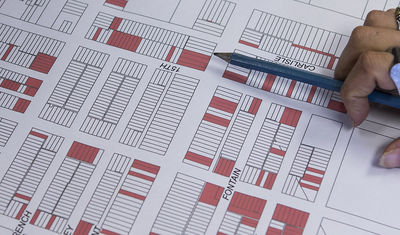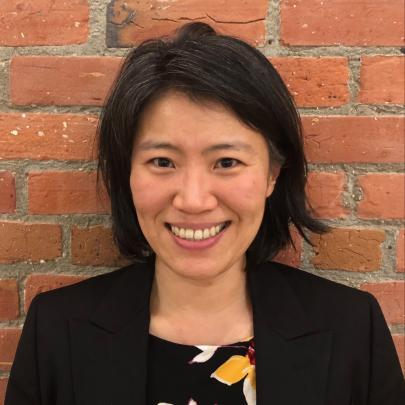The City & Regional Planning and Community Development programs at the Tyler School of Art and Architecture, Temple University educate students to become leaders who collaborate with diverse communities to establish lasting improvements for residents.
Students both engage the challenges and leverage the opportunities of cities in their coursework, taking advantage of the deep resources of Temple—a leading public research university—to perform their own hands-on research and service learning across Philadelphia. Tyler’s faculty of forward-thinking practitioners are dedicated to personal mentorship that includes access to their networks of professionals, organizations and agencies.
By integrating theory, interdisciplinary practice and experiential learning, Tyler’s City & Regional Planning and Community Development programs prepare students for a range of careers in government, nonprofits and the private sector.
Resources
- Philadelphia and its surrounding neighborhoods serve as a living lab for coursework as well as hands-on learning and service.
- More than 300,000 square feet of state-of-the-art thinker and maker spaces in Tyler’s joint Architecture and Art buildings, ripe for interdisciplinary collaboration, experimentation, innovation and exchanges of ideas.
Community events and partnerships
Connections with the American Planning Association as well as government, non-profit and community organizations offer students opportunities for engagement that align with Tyler’s curriculum. The region’s robust alumni network also provides access to a range of internships.
Discourse and accreditation
Planners link knowledge with collective action, work in the public interest, and advocate for transformational change. Tyler is a proud member of the Association of Collegiate Schools of Planning, and our MS City and Regional Planning is accredited by the Planning Accreditation Board.
Student communities
The Temple Student Planning Organization, Temple Community Development Club and other related student organizations engage in professionally-focused extracurricular and service activities.
The Philadelphia Architecture and Design College Fair
The Philadelphia Architecture and Design College Fair is a great opportunity for high school and college students, parents, teachers and counselors to learn about programs in architecture and the environmental design disciplines. Details about this year’s event can be found here.

